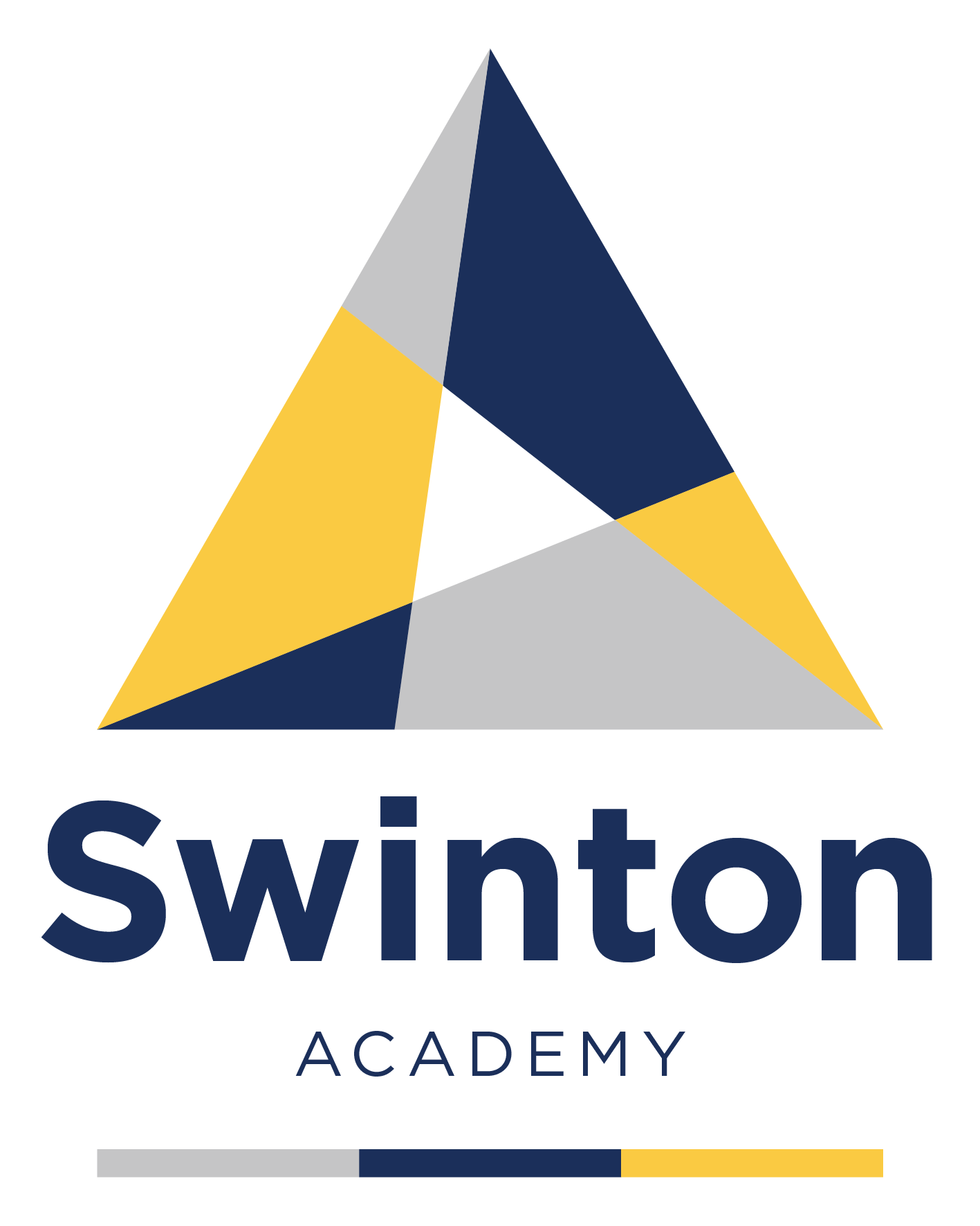Reading
Curriculum Intent and Implementation
The intent of our Reading focus at Swinton Academy is to develop students who:
⦁ are fluent and confident readers;
⦁ are passionate readers (and writers);
⦁ are resilient and independent;
⦁ are confident in reading in front of others;
⦁ have an awareness of the range of texts available and have benefited from opportunities to experience a range of topics and themes in their reading;
⦁ can apply their knowledge to new topics and more complex ideas in each subject as their academy career progresses;
⦁ can apply their knowledge to new experiences and situations in the wider world;
⦁ have opportunities to learn about different topics and ideas;
⦁ are interested in, engaged in and curious about different topics and ideas;
⦁ are proud of their reading achievements;
⦁ can progress to the next stage in their lives with a sound, useful and confident grasp of reading skills.
The intent of our Reading focus is implemented through:
⦁ an awareness of students’ KS2 literacy experience in all subjects;
⦁ targeted literacy intervention giving access to struggling readers to develop fluency and comprehension;
⦁ reading material available to all students through the library, tutor group book boxes, magazine subscriptions, whole class readers and faculty further reading titles;
⦁ weekly reading opportunities in tutor time;
⦁ Everyone Reading In Class (ERIC) – students should be able to identify ERIC, reading strategies and where reading is taking place in and around the academy;
⦁ providing age-appropriate texts aimed at increasing confidence and resilience;
⦁ schemes of work in all subjects which plan for reading opportunities and strategies;
⦁ the expectation that students will engage in reading, whether independent or aloud in lessons;
⦁ younger students having opportunities to read outside lessons with Post-16 student mentors;
⦁ access to a range of engaging reading formats / mediums (including fiction and non-fiction, exam papers/questions, images and paper/screen-based) ;
⦁ building on prior literacy knowledge and reading comprehension within new contexts to ensure knowledge obtained by reading is secure;
⦁ reading activities such as whole class reading, guided reading, passing games, teacher-modelled reading, comprehension tasks and inference/deduction skills;
⦁ Tier 2 words through ‘Word of the Week’;
⦁ Tier 3 words through faculty schemes of work (eg. knowledge organisers, spelling and definition tests, comprehension tasks and extended learning tasks).
⦁ a reflective approach to the continuing professional development of teaching and non-teaching staff through collaborative planning and CPD opportunities.

